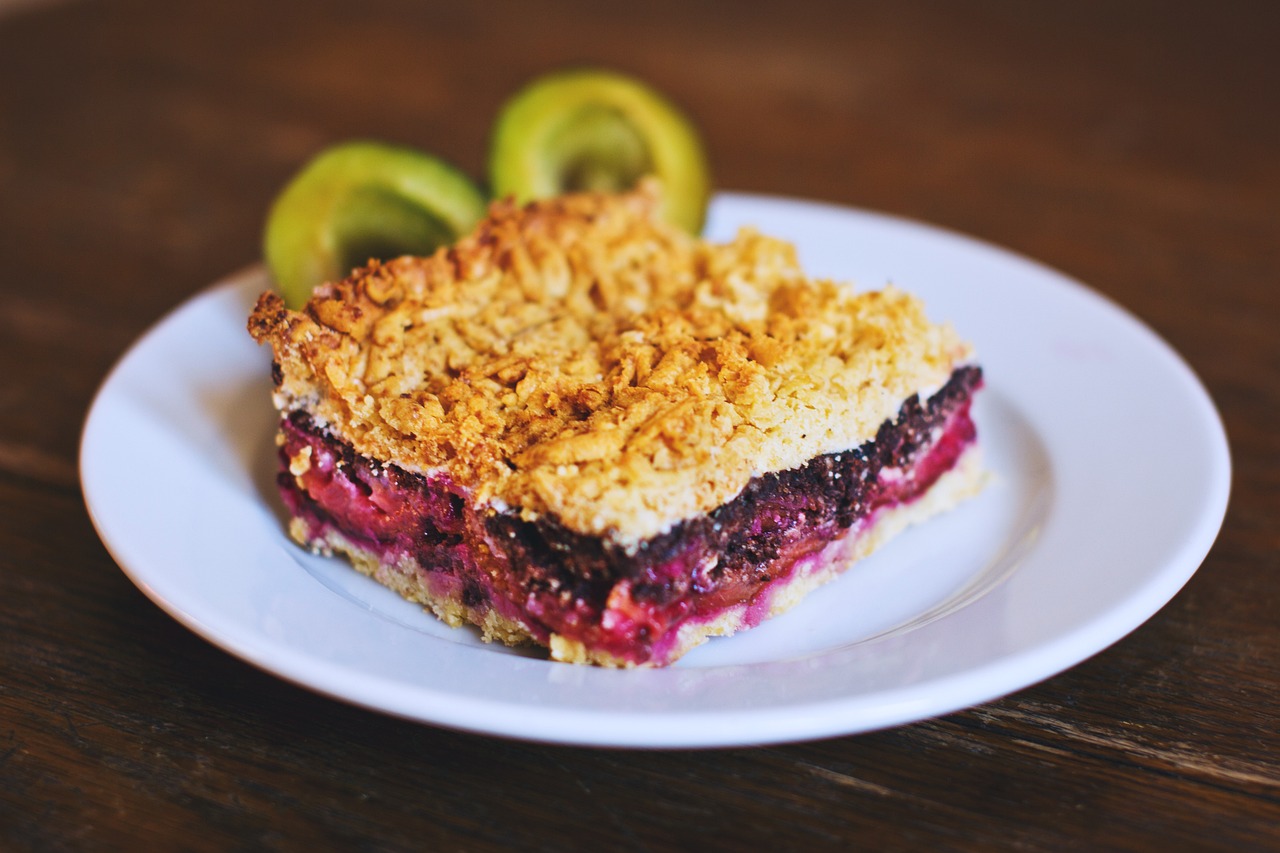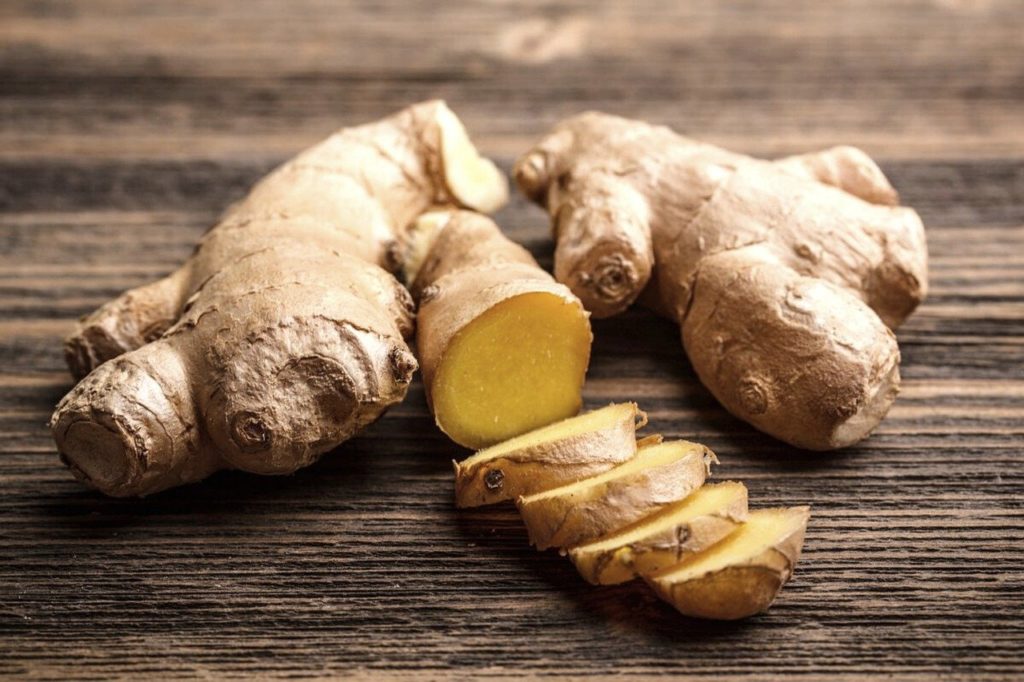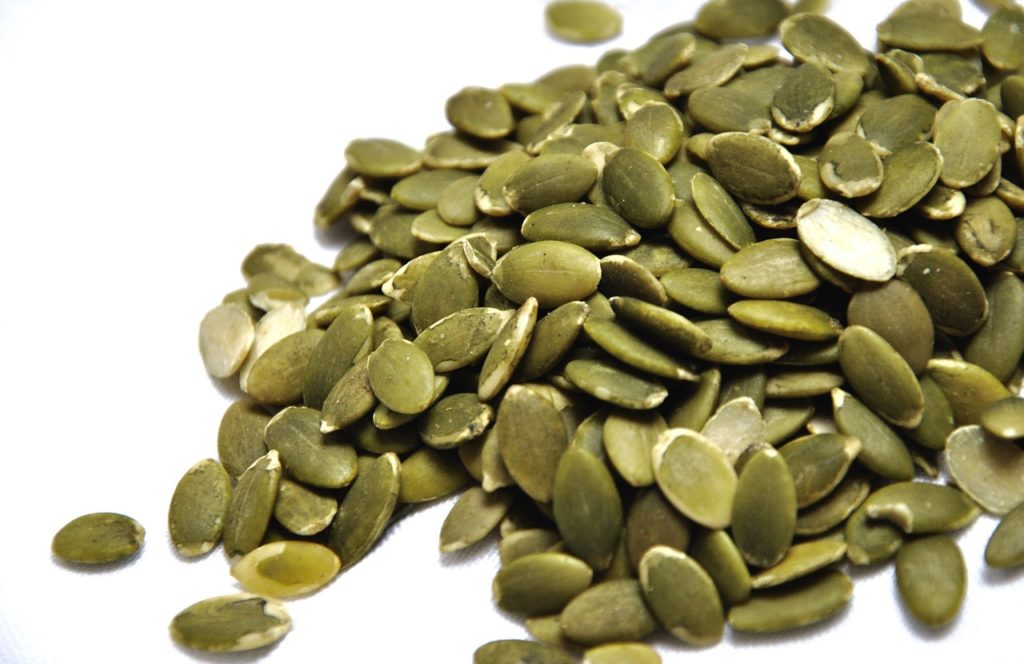Berry Crisp

Choose your favorite berry crisp from your preferred platform. My favorite is here.

Choose your favorite berry crisp from your preferred platform. My favorite is here.

Habits are the foundation of our daily lives, and harnessing their power can lead to transformative changes. Building healthy routines empowers us to achieve lasting results in our physical, mental, and emotional well-being.
Start Small: Begin with tiny, achievable habits that align with your goals. Whether it’s drinking more water, taking short walks, or practicing mindfulness, small steps pave the way for big changes.
Consistency is Key: Repetition reinforces habits. Aim to perform your chosen habit daily, even if it’s just for a few minutes. Over time, consistency will embed it into your lifestyle.
Set Clear Goals: Define your objectives and tie them to your chosen habits. Knowing the “why” behind your routines strengthens your commitment and motivation.
Create Triggers: Associate your habit with a specific cue in your daily routine. For example, if you want to meditate, link it to your morning coffee or bedtime routine.
Accountability Matters: Share your goals and progress with friends, family, or a supportive community. Being accountable to others boosts motivation and encouragement.
Embrace Mistakes: Slip-ups are normal. Rather than being discouraged, learn from them and get back on track with your habits.
Celebrate Success: Acknowledge and celebrate your achievements, no matter how small. Positive reinforcement reinforces your commitment to healthy routines.
Remember, building healthy habits takes time and effort, but the lasting results are worth it. Embrace the power of habits to transform your life and unlock your full potential.
 In our fast-paced lives, mental wellness is of utmost importance for overall well-being. Stress can take a toll on our mental health, leading to various issues if left unmanaged. This blog post explores essential strategies to reduce stress and build resilience.
In our fast-paced lives, mental wellness is of utmost importance for overall well-being. Stress can take a toll on our mental health, leading to various issues if left unmanaged. This blog post explores essential strategies to reduce stress and build resilience.
Understanding stress and its effects is the first step. Chronic stress can have severe consequences on mental health. Identifying signs of stress, such as physical symptoms, emotional indicators, and behavioral changes, is crucial for early intervention.
To build resilience, focus on self-awareness, emotional intelligence, and positive thinking. Nurturing healthy coping mechanisms helps us bounce back from challenges more effectively.
Proven stress reduction techniques include mindfulness and meditation practices. Engaging in regular exercise and incorporating mind-body activities like yoga also contribute to stress relief. Additionally, journaling and expressive writing can be cathartic and healing.
Creating a supportive environment is vital. Cultivating social connections and seeking professional help when needed fosters resilience. Emphasize the importance of nurturing relationships and building a support network.
Lifestyle changes play a key role in stress management. Nutrition impacts stress levels, so prioritize stress-busting foods and avoid stress eating. Quality sleep is also essential for mental well-being.
Developing resilience involves mindset shifts. Embrace change, practice gratitude, and adopt a growth mindset to learn from challenges.
For work-related stress, set boundaries and prioritize tasks. Effective time management leads to a more balanced life.
Incorporate stress reduction into your daily routine by developing a personalized plan. Stay consistent and overcome obstacles along the way.
In conclusion, mental wellness is essential for a fulfilling life. By implementing these strategies for stress reduction and resilience, you can empower yourself to navigate life’s challenges with greater ease and strength. Embrace stress reduction and resilience as lifelong practices, supporting your mental health journey and that of others. Remember, taking care of your mind is as important as taking care

Bloating -, whether it’s a female “time of the month” OR a male “overdid it again” time, it’s no fun. Waking up to swollen fingers or joints is also not a joke. But did you know that ginger is a powerful anti-inflammatory food? It may help with bloat, pain, discomfort, & digestive issues related to inflammation within the body.
Some ways to incorporate this spice is to zest up your usual dishes or creating a ginger tea by boiling it in water and straining when half the water is evaporated. Add honey if desired. This process can be done daily in colder temperatures assuming you don’t have a sensitivity to ginger – of course! Ginger creates inner heat in the body as it fights through inflammation – so colder months are ideal to get that heat going within the body also. In summer months when it is typically hot, you may not want to do a pure ginger tea daily as your body will be craving something more “cooling”. Pregnant women should use caution with too much “internal heat” being built up, but ginger is fine to use in moderation. These principles surrounding the “heating” up factor in your body come from Ayurvedic science philosophies – so if you find them fascinating, that’s where you can begin googling to learn more about this herb and others.
Remember everyone is bioindividual, and you should always consult your health care practitioner when making bold changes in your diet because they are the ones that know your medical history and they understand medication interactions with diet.

Did you know these delicious little seeds are a superfood for women? Especially when suffering from the female monthly cycle. These seeds can help with tender breasts, water retention, belly bloat, and mood fluctuations. What a great NutriLicious strategy to help you on a monthly basis.
Some ways to incorporate them into an eating plan are using them as salad toppers, smoothie add-ins, in trail mixes, or just as they are for a quick snack. Most Naturopaths I work with recommend seed-cycling which means you eat the every other day. On the non-pumpkin seed eating days, you can enjoy some other nutritious seeds – like sesame seeds, or watermelon seeds, or chia seeds, or flax seeds. So much amazing nutrition from such a small little package!

According to the CDC, a third of adults don’t get a good night’s rest regularly. Not getting that sleep is linked with a number of chronic diseases and conditions, including Type II Diabetes (T2D), heart disease, obesity, and depression. And I think we all know that when we don’t get the rest we need, we are not at our best; in fact, we can become downright cranky, and make poor decisions. I can vouch that as I become more lethargic and worn down, the broccoli does NOT look as good as that cookie! You can see where I’m going with this…
In 2012 there was a study done to find out if there was a connection between lack of sleep and junk food cravings. Some of their findings included that sleep deprivation stimulated appetite, and hence food intake. The sleep deprived reported increased hunger, and their brains showed heightened responses to images of food; in fact, the longer the sleep deprivations, the greater the reward responses in anticipation of foods. To conclude, tired humans crave more food stimuli of higher calorie foods.
As we watch the obesity statistics increase in the US, I can’t help but wonder how much of it could be tied to the fact that we don’t get enough sleep on a regular basis. What wonders could be cured if only we could wind down before bedtime and embrace the peace and recovery of slumber.
In 2019 there was a study done to find out if our olfactory circuits impacts our relationship to sleep and hunger. In other words, is our sense of smell partly to blame for this sleep deprivation hunger and reward response to higher calorie foods. How does our sense of smell get tied into this? When we are sleep deprived, our sense of smell goes into overdrive to help us identify foods. Our brain depends upon our smell to take us to more energy-dense options (more calories/gram).
So I’ll take the reverse of the study results here… If we desire to make healthier food choices, we MUST get the rest our bodies need. In this way, rest is key to maintaining body weight and distancing ourselves from chronic disease.